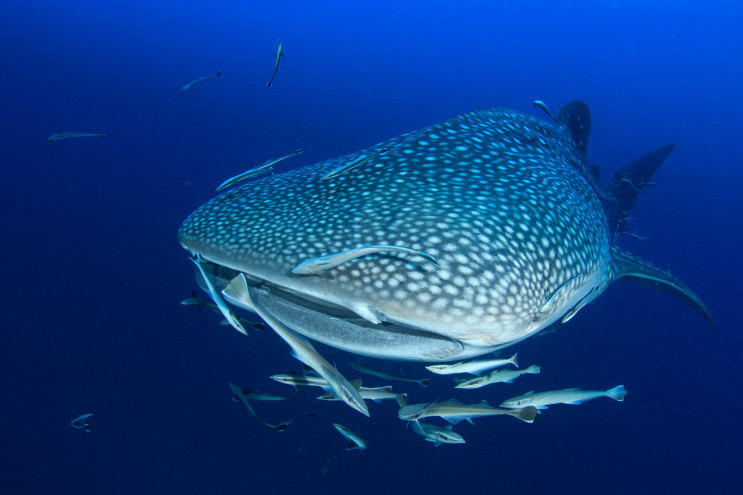Geneva, Switzerland, 22nd September 2025
Last week, a landmark treaty to protect the biodiversity of the high seas reached the milestone of 60 signatories required for it to enter into force.
Officially called the Agreement under the United Nations Convention on the Law of the Sea on the Conservation and Sustainable Use of Marine Biological Diversity of Areas beyond National Jurisdiction (known as the Biodiversity Beyond National Jurisdiction or BBNJ treaty), it was adopted on 19 June 2023 by the Intergovernmental Conference on Marine Biodiversity of Areas Beyond National Jurisdiction convened under the auspices of the United Nations Convention on the Law of the Sea.
Around two thirds of the world’s oceans are considered international waters, meaning they lie outside of the territory of any state, and their resources are open to extraction without limits or assigned quotas. Prior to the adoption of the BBNJ treaty, only around one percent of these areas beyond national jurisdiction have been protected.
Despite the growing pressures from pollution, transport, intensive fishing efforts and climate change, the open oceans remain a vitally important area for marine biodiversity. The importance of healthy oceans to the health and well-being of everyone on Earth is well established – from abundant and nutritionally important food resources to pharmaceuticals and other health products, providing areas for recreation and tourism and a source of livelihood security for more than 600 million people.
Regrettably, the treaty negotiating process struggled to deal with the issue of fisheries resources in a manner acceptable to all countries involved, and fisheries remain outside of the unified governance framework which the treaty creates. However, the treaty establishes a framework for managing the high seas including through marine protected areas and impact assessments of ocean-based economic activities, which can influence fisheries policy and management.
Still, the BBNJ treaty is a huge step forward in terms of global partnership for protecting ocean biodiversity, and it provides an important opportunity for engagement of the health sector in the governance of our global “blue” heritage.
At all levels of policy – from local to global – the health sector can advocate for integrated One Health strategies that account for the dependence of human health on biodiversity, in the oceans and beyond. The health sector can also push for integrated coastal zone management that focuses on health, highlighting the need for sustainable and equitable management of coastal areas to protect essential ocean ecosystems. The health sector, particularly health care providers and decision makers, can add considerable weight to calls for reduced dependence on plastics and greater efforts to prevent and remove plastics entering the oceans, and for ecosystem-based approaches to fisheries management which reduce pressure on fish stocks to ensure their long-term sustainability. The health sector has begun to take notice of the human health effects of climate change, but have yet to make the link with healthy oceans. Health actors can push for increased investment in renewable energy and divestment from fossil fuels. A failure by Parties to the BBNJ to deal with these issues will render the treaty largely ineffective.
Noting also the threats which health sector-related ocean exploration could pose to ocean biodiversity, for example through emissions from health care facilities, environmental release of pharmaceuticals and personal care products, and unsustainable harvesting of species for bioprospecting, health scientists, planners and practitioners can have an impact by demanding that their sector and related industries focus on sustainability, and by reducing the impact of their activities on the environment.
Above all, the health sector should take note of inter-governmental discussions and strategies on implementing the BBNJ treaty, and urge decision makers to acknowledge the importance of healthy oceans to the health and well-being of everyone on Earth.
